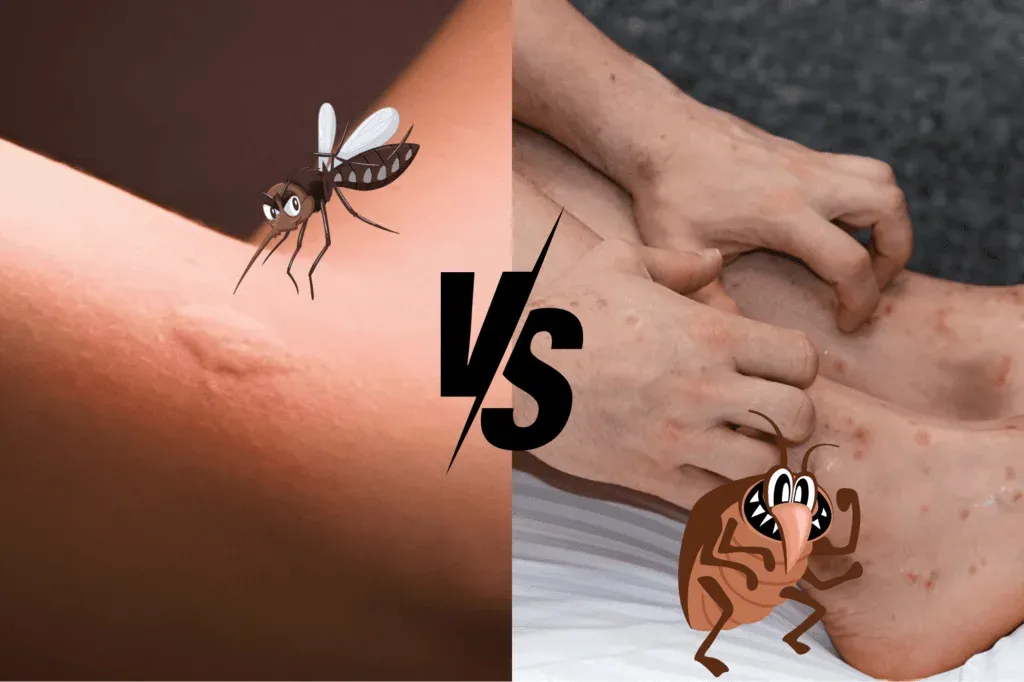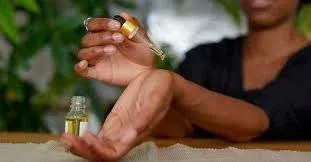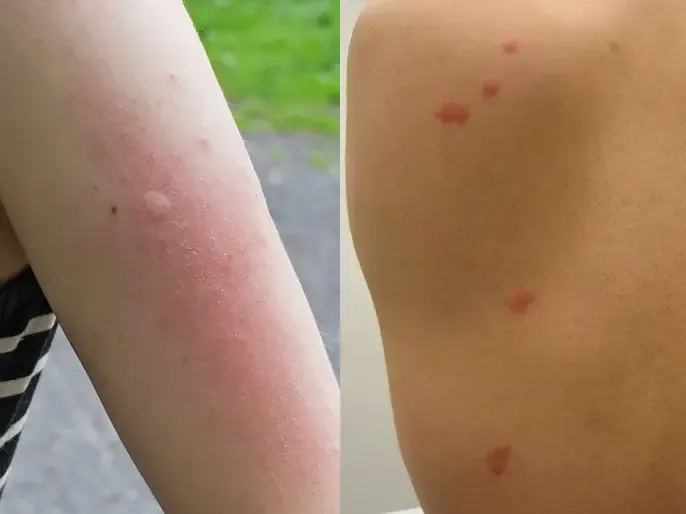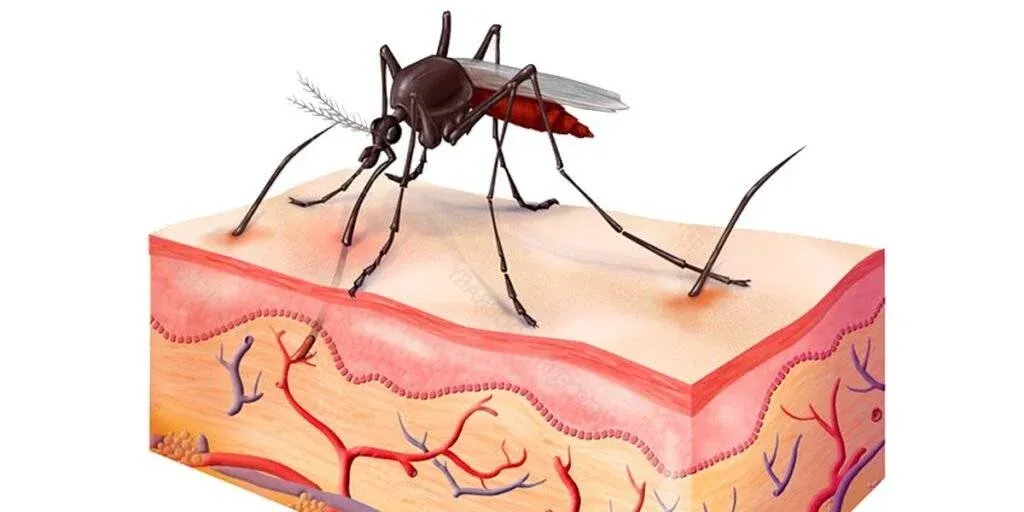Mosquito bites are common, especially in warm and humid climates. For most people, a bite only causes minor itching, redness, or slight swelling. However, not every mosquito bite is harmless. In some cases, these tiny insects can transmit diseases or trigger allergic reactions that require medical attention. Knowing when to worry about mosquito bites can help you stay safe and seek the right treatment at the right time.
Understanding Why Mosquitoes Bite
Mosquitoes feed on blood because they need proteins to produce eggs. Only female mosquitoes bite, while males typically feed on nectar. When a mosquito bites, it injects saliva into the skin to prevent blood clotting. This saliva is what causes irritation, itching, and swelling. While that reaction is normal, certain warning signs can signal a more serious problem.
Typical Reactions to Mosquito Bites
In most cases, a mosquito bite leads to:
Small, red, itchy bumps on the skin
Mild swelling around the bite area
Temporary discomfort that improves in a day or two
These symptoms usually go away without treatment. Applying an ice pack, using over the counter anti-itch creams, or taking antihistamines can provide relief. But when should you worry about mosquito bites? Let’s explore the red flags.
When to Worry About Mosquito Bites: Warning Signs
While most mosquito bites are harmless, you should pay attention if you notice any of the following:
Severe Allergic Reaction
Difficulty breathing
Swelling of lips, tongue, or throat
Dizziness or rapid heartbeat
These symptoms may indicate anaphylaxis, a rare but serious allergic reaction. Immediate medical attention is required.
Signs of Infection
Increasing redness or swelling around the bite
Pus or yellowish discharge
Warmth or tenderness at the site
Fever
Infections can develop if the bite is scratched excessively, breaking the skin and allowing bacteria to enter.
Flu-Like Symptoms After Bites
Some mosquitoes carry viruses and parasites that cause diseases. If you experience fever, body aches, nausea, or headaches within days of being bitten, it’s important to consult a doctor.
Mosquito Borne Diseases to Watch Out For
Understanding when to worry about mosquito bites also involves knowing the illnesses these insects can spread. Depending on your region, mosquitoes may carry:
Malaria – Common in tropical and subtropical areas. Symptoms include chills, fever, and sweating.
Dengue Fever – Can cause severe joint pain, high fever, rash, and bleeding in serious cases.
Zika Virus – Often mild but dangerous for pregnant women because it may affect fetal development.
West Nile Virus – Some people develop fever, headaches, or neurological complications.
Chikungunya – Known for causing extreme joint pain and fatigue.
If you live in or travel to an area where these diseases are common, you should be more cautious about mosquito bites.
How to Protect Yourself from Mosquito Bites
Prevention plays a major role in reducing risks. Here are practical tips:
Use insect repellent with DEET, picaridin, or oil of lemon eucalyptus.
Wear protective clothing like long sleeves and pants, especially outdoors at dawn or dusk when mosquitoes are most active.
Install window and door screens to keep mosquitoes out of your home.
Remove standing water around your home since it is a breeding ground for mosquitoes.
Use mosquito nets if you sleep in areas where mosquito activity is high.
These habits help lower your chances of being bitten and exposed to harmful diseases.
Home Remedies for Relief
Even with the best prevention, mosquito bites sometimes happen. While most are not serious, you can ease discomfort with simple remedies:
Ice packs to reduce swelling and itching.
Aloe vera gel for soothing skin.
Baking soda paste to neutralize irritation.
Honey for its natural antibacterial properties.
These remedies are safe for mild reactions and can make the healing process more comfortable.
When to See a Doctor
So, when should you actually worry about mosquito bites enough to see a doctor? You should seek medical help if:
You have multiple bites and develop high fever or flu-like symptoms.
The bite area looks increasingly swollen, painful, or filled with pus.
You have a history of allergic reactions and experience swelling in the throat or face.
You recently traveled to a region known for mosquito-borne illnesses.
Prompt medical attention can prevent complications and ensure proper treatment.
Final Thoughts
Mosquito bites are usually just a minor annoyance, but not always. Knowing when to worry about mosquito bites is essential for protecting your health. While mild itching and swelling are normal, signs of infection, severe allergic reactions, or flu-like symptoms should never be ignored. By combining prevention strategies with awareness of warning signs, you can enjoy outdoor activities safely and with peace of mind.






